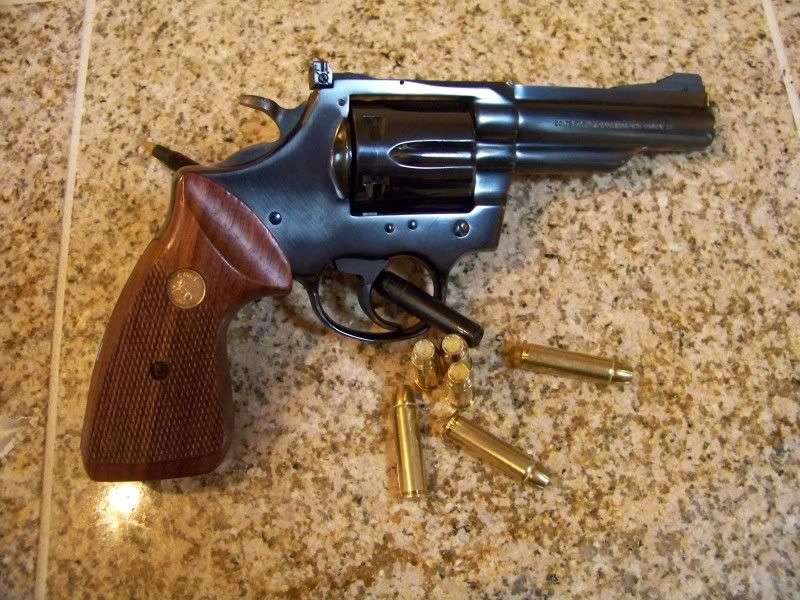It depends on how you look at it.
Firearms make terrible investments.
This is completely true, if you are looking to make money on guns. It is completely false if you are looking for something that retains value.
If you want an "investement" that will gain in monetary value, something you can buy now, and sell for more money later, generally, guns are not the best, or even a good choice.
If you want something to remain worth what you paid for it (adjusted for depreciation) and sometimes be worth more later (adjusting for inflation), guns are a pretty good choice.
Lets say that in the late 1980s, you spent $250 for a dot matrix printer, and you spent the same amount for a Remington 870. Which one today will be most likely to get you your money back, if you sold it? Which one might even bring more cash than you originally paid?
The real problem is that while an investment may bring more dollars when sold, what are the dollars really worth? With guns, even though they may bring more dollars today than you paid for them then, will those dollars buy more today? A $500 gun 30 years ago, might bring $1000 today, but is the actual value of the money more than it was then?
Some guns do gain in actual value, due to collector interest. Most just retain the majority of their worth, no matter how many dollars you need to define it.

